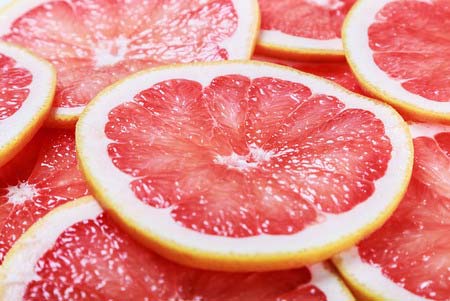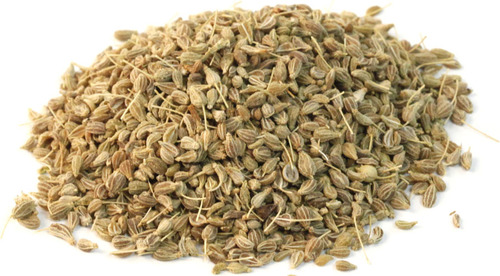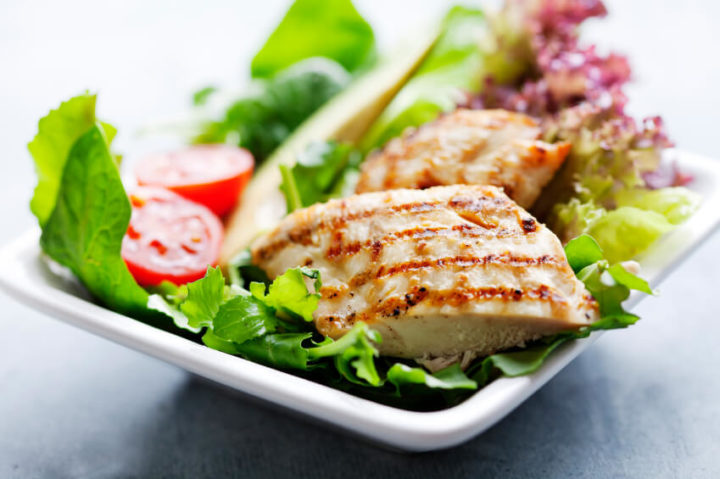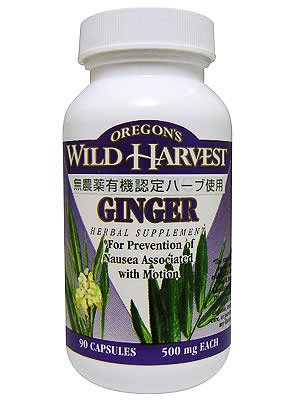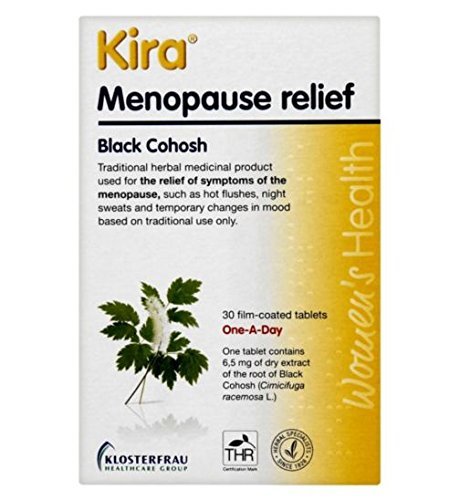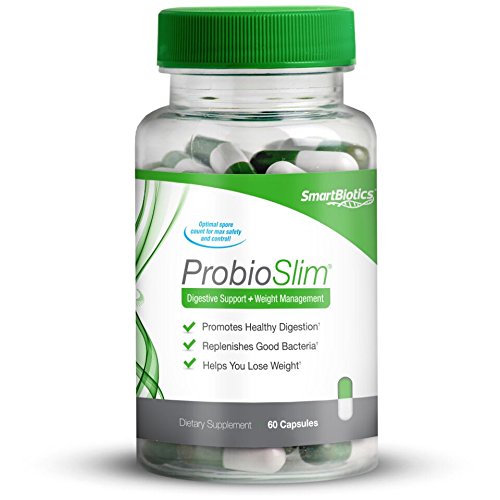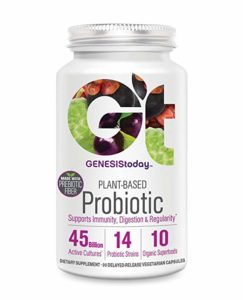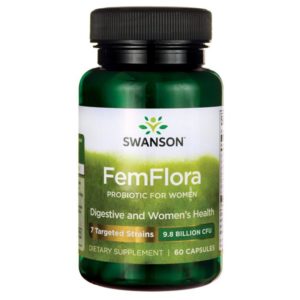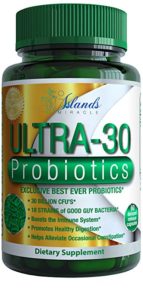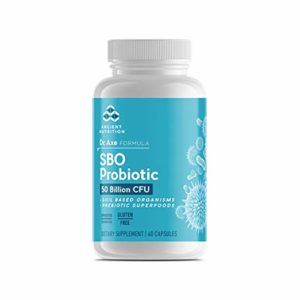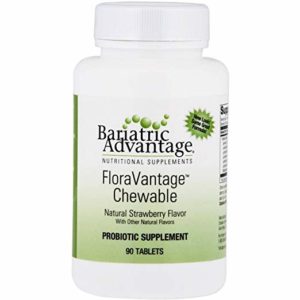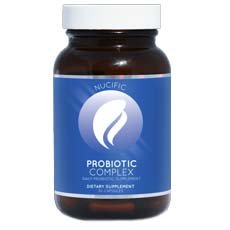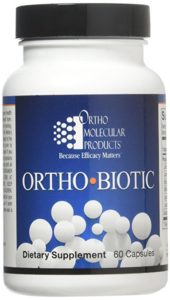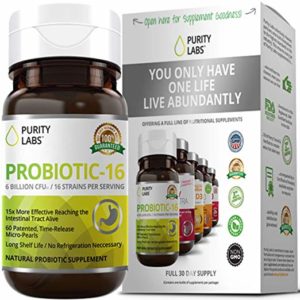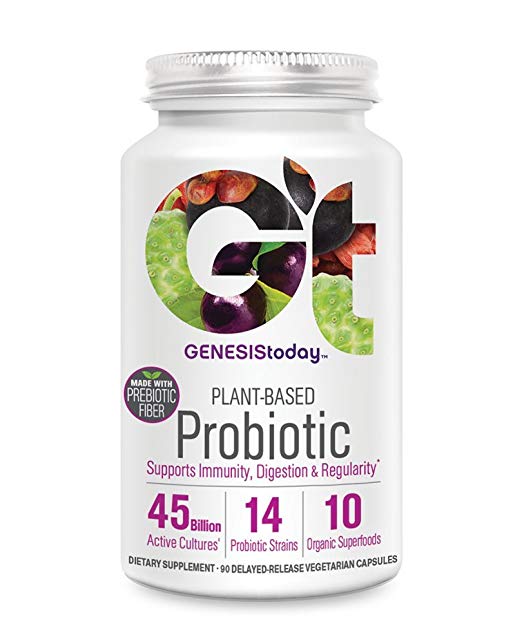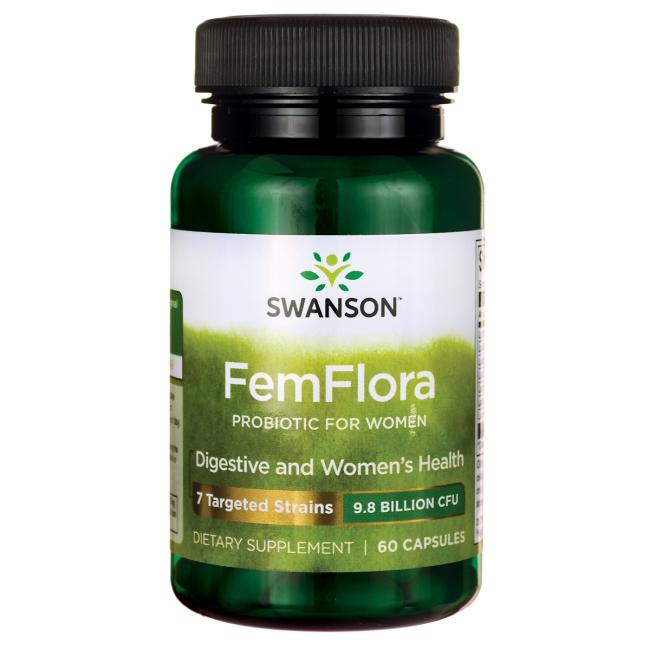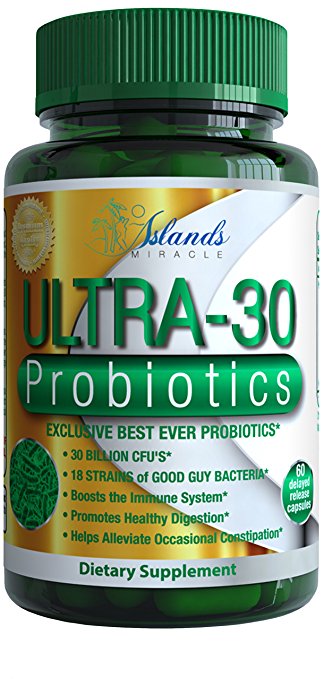
Feminine Issues?

The only All-Natural Product for:
- Feminine Issues
- Vaginal Odor
- Vaginal Itching
- Vaginal Discharge
Start Seeing A Difference Within a Few Days of Taking it!
WHAT'S THE PROOF?
Out of the tens of thousands of women that have tried Balance Complex, over 700 have been so impressed by the results, that they have voiced their results in the form of reviews for the product on Amazon, the world most TRUSTED online marketplace.
Below are just a few of the reviews of Balance Complex on Amazon:

"I have been looking for a probiotic to help with my feminine issues and this has done the trick!I have already recommended to other friends!" *

"I loved it. Just knowing that I was taking care of any problems that might occur that we as females go through gave me a piece of mind." *

"I was surprised it worked as fast as it did. Very Effective & Natural. I take one at night and one in the afternoon. And I feel so much better." *
Every order of Balance Complex on Amazon is backed by Amazon’s 100% money back satisfaction guarantee.
Try it for up to 90 days and if you aren't thrilled with the results, just notify Amazon and they will give you a full refund.
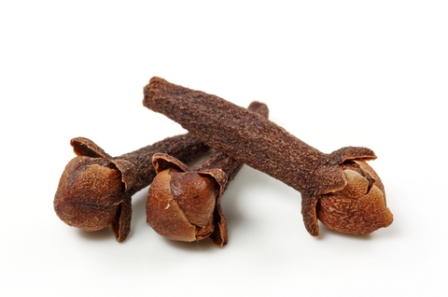
Cloves
Clove, most notable for its mouth-numbing effect, is popular in Asian, African, and Mexican cuisine. In Indian Ayurvedic medicine, clove is used to dull pain (especially toothaches), to enhance digestion, and to kill parasites. And likewise, in Chinese herbal medicine, clove warms the digestive fire. It is also used to soothe morning sickness in pregnant women. Western studies have found that clove is an antioxidant and that it can help to reduce blood sugar levels, as well as ease dental pain.
Clove essential oil has notable use as an antiseptic because of its ability to inhibit bacteria and yeast.7 In a study published in the Journal of Medical Microbiology, clove essential oil was able to obstruct Candida formation with its antifungal activity. Researchers recommended further investigation into the use of clove essential oil for the clinical treatment of fungal infection.
How should you take Milk Thistle for Candida?
Along with their other medical benefits, cloves are also a powerful anti-fungal agent often used to treat athlete’s foot and other fungal infections. Clove oil’s use as an antifungal is well supported by research. A 2001 study found that clove oil had a fast killing effect on yeast cells. The constituents of clove oil are eugenol, eugenyl acetate, caryophyllene and iocaryophyllene, of which eugenol is the active ingredient. Its antiseptic properties allow it to kill the Candida yeast, while it also boosts your immune system.
How does Milk Thistle help treat Candida?
The main compound that is the effective antibacterial, antifungal and anti-parasitic is eugenol that comprises up to 90% of the essential oil extracted from cloves. Eugenol is the compound most responsible for the strong medicinal effects as well as for the characteristic aroma of cloves.
The good thing is that even commercially available clove oil has been analyzed by scientists and found to have a high concentration of eugenol (over 80%), and it is cheap and readily available. But you must take care when using clove oil! You will be able to read more about caution when using clove oil further ahead.
There are numerous studies from India and Asia that have revealed the yeast suppressing and yeast killing effect of cloves in both the oral cavity as well as in the digestive tract. Clove tea, made by steeping the dried buds in boiling water can help to ease nausea and indigestion. Tincture of cloves as well as oil of cloves helps to heal many types of fungal infections such as athlete’s foot and ringworm.
Cloves are the aromatic dried flower buds of a tree in the family Myrtaceae, Syzygium aromaticum. Cloves are native to the Maluku islands in Indonesia and have been used as a spice all over the world for many centuries.
Cloves are harvested primarily in Indonesia, India, Madagascar, Zanzibar, Pakistan, and Sri Lanka. You may have heard about the effect that cloves have on toothache; the oil in particular has a numbing effect on mouth tissues such as the gums and help to soothe nerves of teeth that are affected by toothache. What you may be less familiar with is that even in the tiniest of concentrations, clove oil is a very powerful antibacterial and antifungal agent.
Review Overview
5.1 OVERALL SCORE
Feminine Issues?

The only All-Natural Product for:
- Feminine Issues
- Vaginal Odor
- Vaginal Itching
- Vaginal Discharge
Start Seeing A Difference Within a Few Days of Taking it!
WHAT'S THE PROOF?
Out of the tens of thousands of women that have tried Balance Complex, over 700 have been so impressed by the results, that they have voiced their results in the form of reviews for the product on Amazon, the world most TRUSTED online marketplace.
Below are just a few of the reviews of Balance Complex on Amazon:

"I have been looking for a probiotic to help with my feminine issues and this has done the trick!I have already recommended to other friends!" *

"I loved it. Just knowing that I was taking care of any problems that might occur that we as females go through gave me a piece of mind." *

"I was surprised it worked as fast as it did. Very Effective & Natural. I take one at night and one in the afternoon. And I feel so much better." *
Every order of Balance Complex on Amazon is backed by Amazon’s 100% money back satisfaction guarantee.
Try it for up to 90 days and if you aren't thrilled with the results, just notify Amazon and they will give you a full refund.
Recent Tests
Categories
- General Health
- Feminine Guides
- Ingredient Guides
- Product Reviews
- Bacterial Vaginosis Products
- Candida Products
- Menopause Products
- UTI Products
- Yeast Infection Products
About Us

FeminineHealthReviews is dedicated in bringing you the top unbiased editorial reviews and ratings for natural products and supplements, along with specs, user reviews, supplement facts and more.
These statements have not been evaluated by the Food and Drug Administration. This product is not intended to diagnose, treat, cure or prevent any disease.
*Results may vary. If you are pregnant, nursing, have a serious medical condition, or have a history of heart conditions we suggest consulting with a physician before using any supplement. The information contained in this website is provided for general informational purposes only. It is not intended to diagnose, treat*, cure, or prevent any disease and should not be relied upon as medical advice. Always consult your doctor before using any supplements. Disclosure of Material Connection: Some of the links in the post above are "associate sales links." This means if you click on the link and purchase an item, we will receive a commission. Regardless, we only recommend products or services which we use personally and/or believe will add value to our readers. We are disclosing this in accordance with the Federal Trade Commission’s 16 CFR, Part 255: "Guides Concerning the Use of Endorsements and Testimonials." Disclaimer: © 2025 All Rights Reserved. The information provided on this site is intended for your general knowledge only and is not a substitute for professional medical advice or treatment for specific medical conditions. You should not use this information to diagnose or treat* a health problem or disease without consulting with a qualified healthcare provider. Please consult your healthcare provider with any questions or concerns you may have regarding your condition.Your use of this website indicates your agreement to this websites published terms of use and all site policies. All trademarks, registered trademarks and service-marks mentioned on this site are the property of their respective owners.





